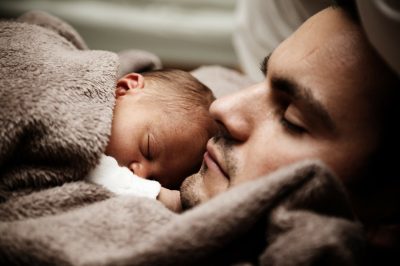BACKGROUND:
Providing informal care for a relative or friend with medical or mental needs can extol a physical burden on the caregiver, including impaired aspects of sleep quality such as suboptimal sleep duration, lengthened sleep latency, frequent awakenings, daytime sleepiness, and poor self-rated sleep quality. Diminished sleep quality can worsen the health in the caregiver, including dysregulation of hypothalamic-pituitary-adrenal axis (HPA) activity. Few studies have attempted to describe sleep in young adults who provide regular informal care. This study examines subjective and objective indicators of sleep quality and diurnal cortisol rhythms among young adult caregivers relative to non-caregiving peers. We expect that caregivers will exhibit poorer objective and subjective sleep quality and greater dysregulation in diurnal cortisol indices, than demographically similar non-caregivers, and that caregivers with poorer sleep will exhibit pronounced cortisol dysregulation.
METHODS:
Participant self-reported sleep quality over the prior month via the Pittsburgh Sleep Quality Index and objective sleep quality was observed via wrist actigraph for three consecutive days. Diurnal salivary cortisol was also measured across the three days of actigraph monitoring.
RESULTS:
Informal caregivers exhibited more self-reported sleep disturbance and greater sleep latency than non-caregivers, as well as more objectively measured sleep fragmentation. Caregivers with a shorter sleep duration were observed to have flatter diurnal cortisol slopes than caregivers with a relatively longer sleep duration.
CONCLUSIONS:
Young adult caregivers appear to be at risk for impairment in sleep quality, which in turn might impact health through HPA axis dysregulation. Longitudinal research is needed to identify these relationships across time.

